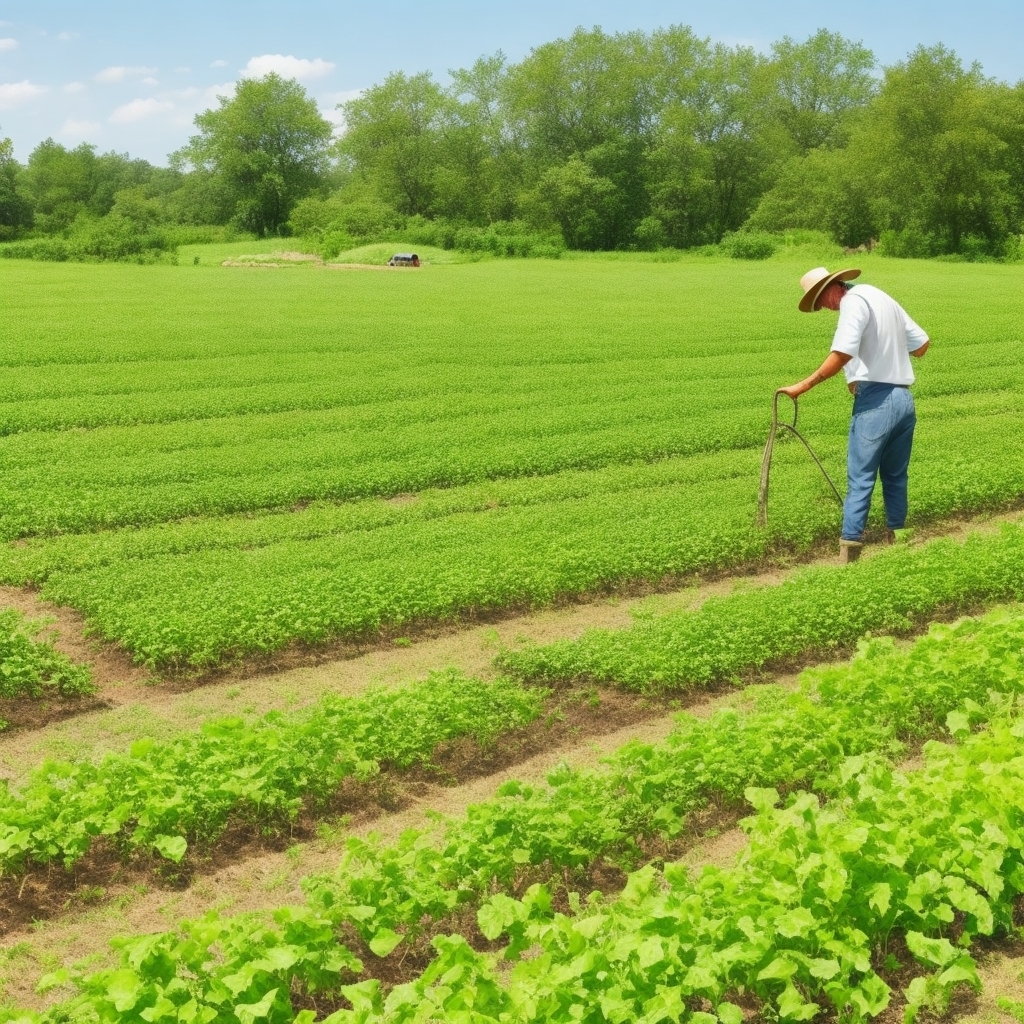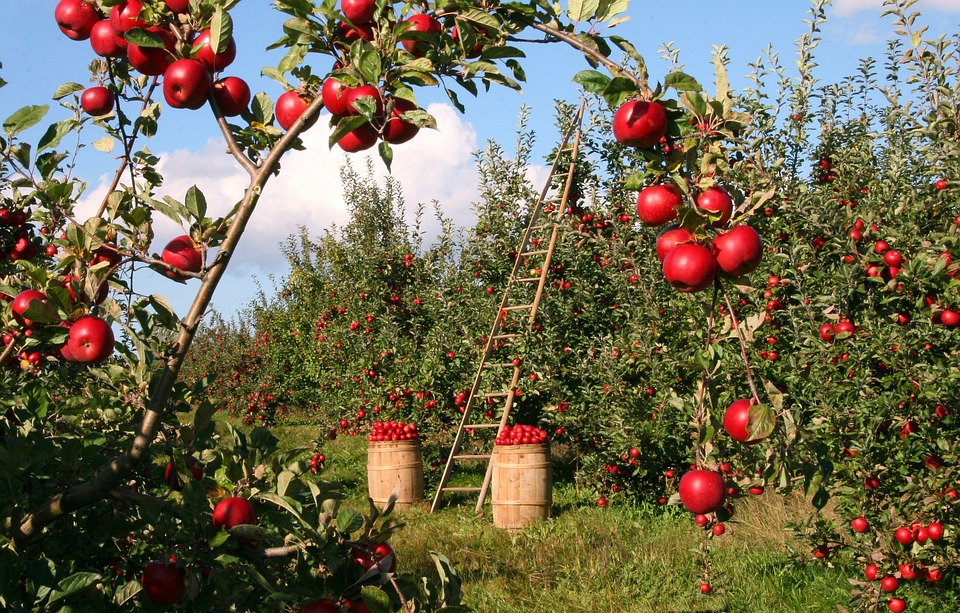Organic Farming: A Sustainable Solution for the Future – As the world faces increasing concerns about environmental degradation, food security, and human health, the importance of sustainable agricultural practices has come into the spotlight. Organic farming, with its focus on ecological balance and minimizing harm to the environment, emerges as a viable solution for a sustainable future. In this article, we explore the benefits and principles of organic farming, highlighting its role in fostering environmental stewardship, producing healthier food, and ensuring long-term agricultural sustainability.
- Environmental Stewardship
Organic farming prioritizes the preservation and enhancement of ecological balance. It avoids the use of synthetic pesticides, genetically modified organisms (GMOs), and chemical fertilizers that can harm soil health, water quality, and biodiversity. Instead, organic farmers employ natural methods such as crop rotation, composting, and biological pest control to maintain soil fertility, protect ecosystems, and minimize pollution. By nurturing the environment, organic farming supports sustainable agriculture and contributes to the conservation of natural resources for future generations.
- Healthier Food and Improved Nutrition
Organic farming practices promote the production of food that is free from synthetic chemicals, antibiotics, and growth hormones. Studies suggest that organically grown crops have higher levels of essential nutrients, such as vitamins, minerals, and antioxidants, which contribute to improved nutritional value. Additionally, organic livestock raised without the use of antibiotics or growth promoters produce meat and dairy products that are lower in harmful residues. By choosing organic food, consumers can reduce their exposure to potentially harmful substances and enjoy the benefits of a healthier diet.
- Soil Health and Biodiversity Conservation
Organic farming methods focus on building and maintaining healthy soils. By using organic matter, cover crops, and beneficial microorganisms, organic farmers enhance soil structure, nutrient content, and water retention capacity. This approach not only improves crop productivity but also promotes the growth of diverse soil organisms, such as earthworms and beneficial bacteria, which contribute to soil health and fertility. Moreover, organic farms often provide habitat for various plant and animal species, supporting biodiversity conservation and creating balanced ecosystems.
- Reduced Environmental Impact
Conventional farming practices, including the use of synthetic pesticides and chemical fertilizers, contribute to water pollution, soil erosion, and greenhouse gas emissions. In contrast, organic farming methods aim to minimize the environmental impact of agriculture. By avoiding the use of harmful chemicals and adopting sustainable practices, organic farming reduces pollution, conserves water resources, and mitigates climate change. It serves as a model for sustainable agriculture, demonstrating that it is possible to meet the world’s food needs while protecting the environment.
- Supporting Local and Sustainable Economies
Organic farming often takes place on a smaller scale and encourages local production and consumption. By supporting local organic farmers, consumers contribute to the growth of sustainable economies and help preserve agricultural land. Organic farming also creates opportunities for small-scale farmers, promotes rural development, and fosters community resilience. Additionally, the demand for organic products drives innovation and research in sustainable agricultural practices, benefiting the agricultural sector as a whole.
In conclusion, organic farming offers a sustainable solution for the future of agriculture. By prioritizing environmental stewardship, promoting healthier food, improving soil health, conserving biodiversity, and reducing environmental impact, organic farming aligns with the principles of sustainability. Embracing organic farming practices can contribute to a more resilient and environmentally conscious food system, ensuring a healthier planet for future generations.





Greetings! Very helpful advice in this particular article! Its the little changes that produce the largest changes. Thanks a lot for sharing!